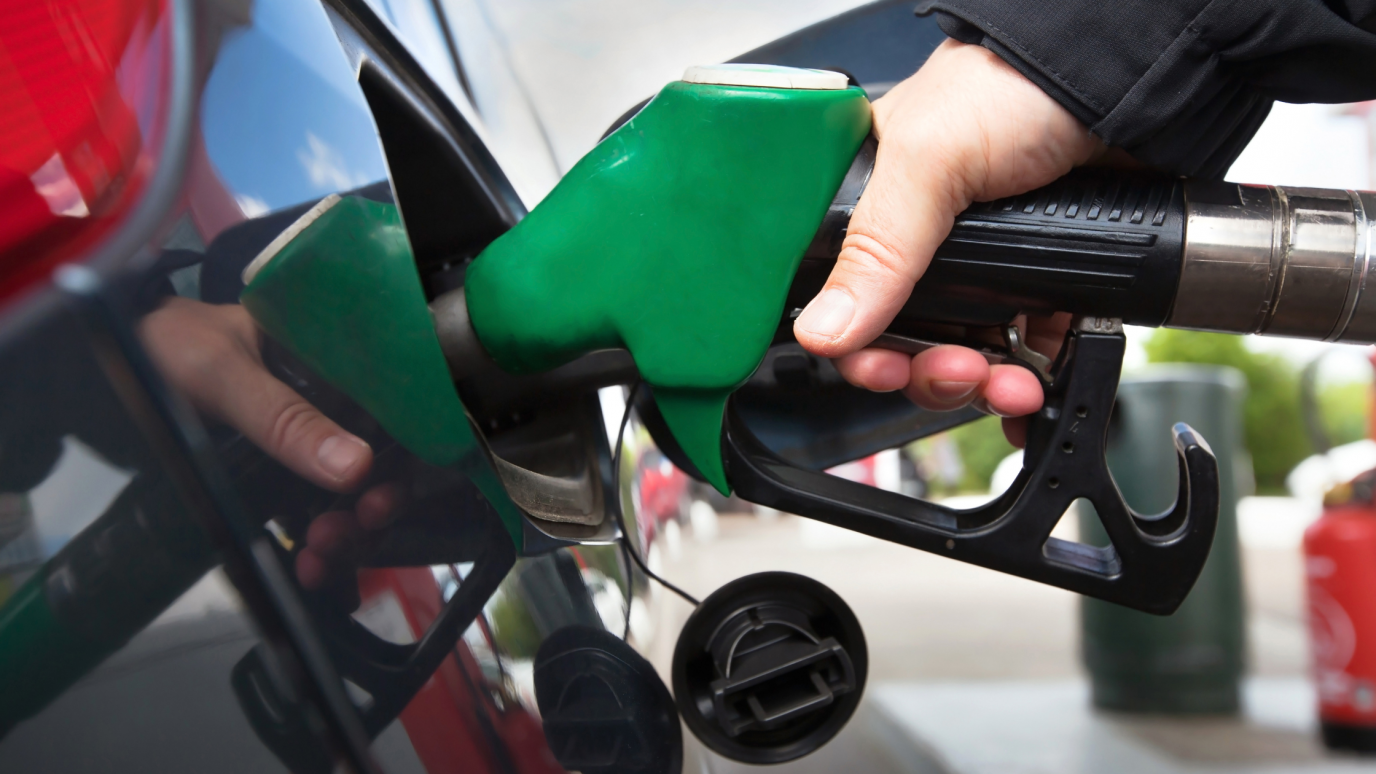PR | Palm oil in biofuels in the Belgian market drops to zero
An initial analysis of the 2023 registrations of biofuels released for consumption in the Belgian transport sector shows that palm oil consumption will drop to zero. "After years of growth in fuel consumption of palm oil, the phase out introduced by the minister of energy and myself appears to be well respected," notes Environment Minister Zakia Khattabi with satisfaction. "Belgium's palm oil consumption in diesel required palm oil plantations of more than 100,000 football fields, often at the expense of fragile ecosystems. We are finally lowering the pressure on the rainforests.”

In recent years, the use of palm oil increased very rapidly to make biodiesel for the Belgian market. This led to the undesirable situation where a food commodity, which often comes from plantations at the expense of fragile ecosystems, was burned up in diesel cars and trucks. Upon taking office in October 2020, Environment Minister Zakia Khattabi immediately started tinkering with a ban on palm and soybean oil as biofuel. For palm oil, the phase out took effect on 1 January; for soybean oil, it goes into effect on 1 July this year.
"For soybean oil, we are already seeing a slight decline but expect usage to fall to zero next month as well. The only exceptions, which the European Commission asked us to allow, are waste-based oils or those that can prove with certification that they have not been grown at the expense of nature. I have asked my administration to closely monitor compliance," says Environment Minister Zakia Khattabi.
"Like many others, I am disturbed by the reports by De Standaard and others that soy plantations are harming Brazil's rainforest and the rights of indigenous people. Our phase out is an important step because in the first months of 2023, 44 million litres of soybean oil were still used in Belgium to make fuel. That will come to an end next month," the minister concludes. At the same time, she is also working on initiatives to reduce the use of unsustainable palm and soybean oil in the food sector. The use of first-generation biofuels in the transport sector is also being scaled back as we move towards 2030.


